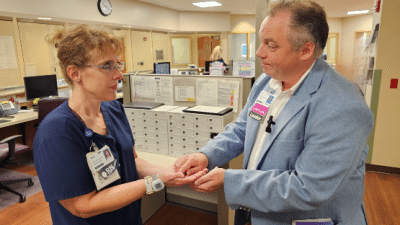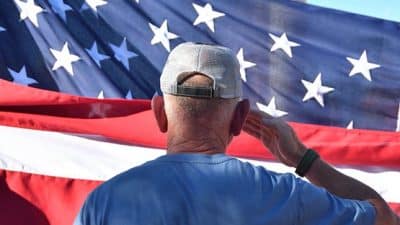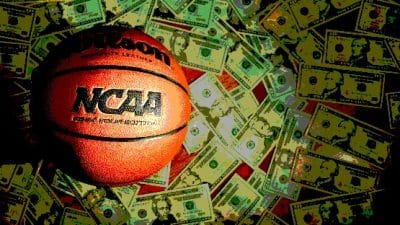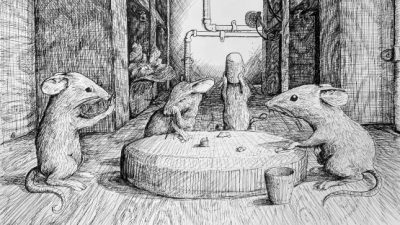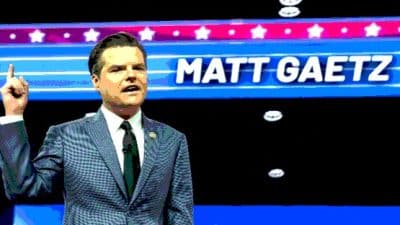
Patent trolling, or “bad faith” claims of patent infringement, forces high-tech and Main Street businesses to choose between paying unjustified licensing fees and engaging in costly litigation. Under bipartisan compromise legislation that Attorney General Herring’s team helped broker, the Attorney General’s Office is now empowered to investigate cases of patent trolling and seek financial penalties and injunctions against those who assert patent infringement claims in “bad faith,” even if those persons or businesses are based outside of Virginia.
“Patent trolling is basically a 21st century shakedown that forces businesses to choose between costly litigation or ridiculous fees if they want the claim to go away,”
said Attorney General Herring. “Virginia businesses of all sizes can be targets, from a small, local business up to a large, high-tech firm. Under the bipartisan legislation we were able to help craft last year, my office has strong new enforcement powers and we’re going to use them to protect Virginia businesses from these bad actors.”
“Patent troll” is a popular shorthand term for certain “non-practicing entities” that do not make or utilize their patents in any meaningful sense. Instead, patent trolls send bad faith demand letters to businesses alleging infringement of their patent and threatening to pursue litigation if the business does not pay a “licensing” fee.According to a 2012 study, patent trolling costs the U.S. economy around $29 billion annually with individual companies spending hundreds of thousands or millions of dollars to settle or defend themselves against a patent troll’s claim. In 2015, suits filed by non-practicing entities increased more than 20% over 2014, and non-practicing entities accounted for 67% of patent lawsuits filed at the district level. The high-tech and medical fields were the most frequent targets.
Letters are going to the Virginia Chamber of Commerce and Chambers of Commerce across the Commonwealth this week asking them to help notify their members that Virginia businesses or individuals who believe they have been targeted by a patent troll can report potential violations directly to the Attorney General’s Patent Troll Unit.
Potential violations can be reported:
- By visiting www.ag.virginia.gov/index.php/patents/report-a-patent-troll
- By emailing [email protected],
- By calling the OAG at (804)786-2071.
When reporting a potential violation, the following information should be included:
- Contact information for the business or individual being targeted by the bad faith assertion of patent infringement;
- Contact information for the alleged patent troll;
- Details about the assertion of patent infringement (number of demand letters, patents asserted, a description of the product that allegedly infringes the patent, whether a license was offered and at what price, etc.);
- Details about the target’s actions since receiving the assertion of patent infringement (contacted alleged patent troll, sought legal counsel, filed a declaratory judgment action, etc.); and
- A copy of any demand letter(s) received by the target.
Upon receiving this information, the Attorney General’s Patent Troll Unit, led by Greg Richards, a registered patent attorney, will investigate and determine if the conduct violates Virginia’s statute.
Examples of conduct to report include: sending a demand letter that does not contain basic information about the patent asserted (e.g., patent number, patent owner’s name or address), does not specify how the patent asserted is infringed, or contains a deceptive or misleading assertion of patent infringement; offering a license that is not based on a reasonable estimation of the value of such a license; and asserting infringement of a patent that has been held invalid or that was not in force at the time of the allegedly infringe conduct.
Reporting a patent troll to the Attorney General’s Patent Troll Unit does not prevent the patent owner from filing a patent infringement action, or relieve a recipient’s obligation to formally respond if an infringement action is filed, and it is not a substitute for retaining legal counsel.
Virginia’s patent troll statute was supported by a broad, bipartisan coalition of legislators and stakeholders including the Northern Virginia Technology Council, Virginia Chamber, Fairfax County Chamber of Commerce, Virginia Bankers Association, Virginia Retail Association, and Virginia Hospitality and Travel Association.
It was written to protect both the targets of patent trolls and the holders of strong, legitimate patents who may need to bring a legitimate claim of infringement. The law does not change how valid patents are issued and valued and there will be no interference with legitimate, good faith patent enforcement efforts. The statute simply prevents patent trolls from abusing the federal patent system. As a result, Virginia businesses and individuals will be able to spend money on the research and development of new products or to start or expand a business, rather than paying unjustified licensing fees to patent trolls and defending frivolous lawsuits.
This legislation was made necessary by the absence of a federal solution to address patent trolling. In addition to working on state-level legislation, Attorney General Herring and 41 other state and territorial attorneys general sent a letter to the leadership of the U.S. Senate’s Commerce, Science and Transportation and Judiciary committees expressing support for patent reform legislation. Attorney General Herring continues to monitor bills pending in the U.S. Congress to address the problem of patent trolling.





